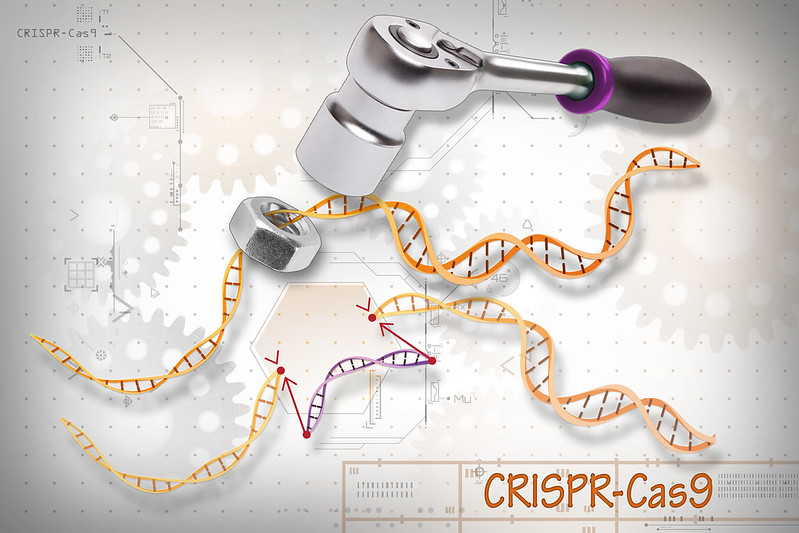CRISPR Gene Drives and the Future of Evolution
By Hannah Thomasy,
The Scientist
| 03. 15. 2024
Today, Massachusetts Institute of Technology biologist Kevin Esvelt is well known for his work on guided evolution technologies—creating systems for evolving biomolecules in the lab and developing techniques to shape the evolutionary trajectories of species in the wild—as well as forging new pathways to safeguard these technologies from misuse.1,2
Esvelt’s entanglement with evolution began early. As a child, he visited the Galápagos, and was captivated by the islands’ stunning array of unique wildlife. “That sparked an interest in the evolution of creatures in the natural world,” said Esvelt. “It got me reading Darwin. And I started wondering—could we make things of comparable magnificence?”
So, when he joined David Liu’s research group at Harvard University for his graduate studies in 2004, he jumped into exploring how to put evolutionary processes to work in the lab. “I love solving problems that I am not actually smart enough to solve. And to do that, you need access to something that is effectively smarter than you, or at least can execute search strategies that you can’t,” said Esvelt. “One of the...
Related Articles
Not the species, certainly, but the Institute of that name, which was founded by transhumanist philosopher Nick Bostrom in 2005 as a research group at Oxford University. According to a recently posted Final Report, its goal was “to pursue the big questions in a transdisciplinary way” by pulling together “researchers from disciplines such as philosophy, computer science, mathematics, and economics.” This evolved before long into the study and promotion of “effective altruism” and “longtermism” as...
By Tristan Manalac, BioSpace | 04.02.2024
Verve Therapeutics has suspended enrollment in the Phase Ib Heart-1 study evaluating its lead gene editing program VERVE-101 following a serious adverse event, the company announced Tuesday.
A patient, who received a 0.45-mg/kg dose of VERVE-101, developed a grade 3...
By Timnit Gebru and Émile P. Torres, First Monday | 04.14.2024
The stated goal of many organizations in the field of artificial intelligence (AI) is to develop artificial general intelligence (AGI), an imagined system with more intelligence than anything we have ever seen. Without seriously questioning whether such a system can...
By Harold Brubaker, The Philadelphia Inquirer | 04.04.2024
Acompany started by University of Pennsylvania scientist Jim Wilson has received FDA approval to test a form of gene editing in infants for the first time in the United States, the company said Thursday.
The Plymouth Meeting company, iECURE, is...




